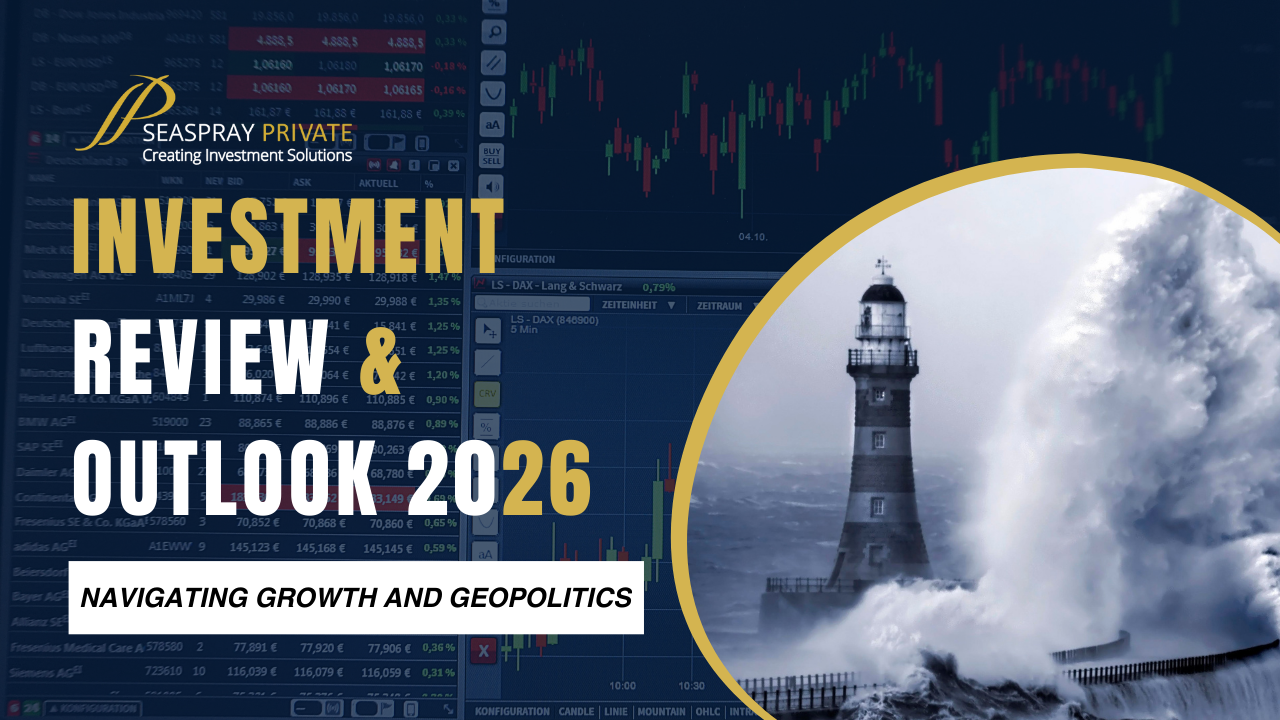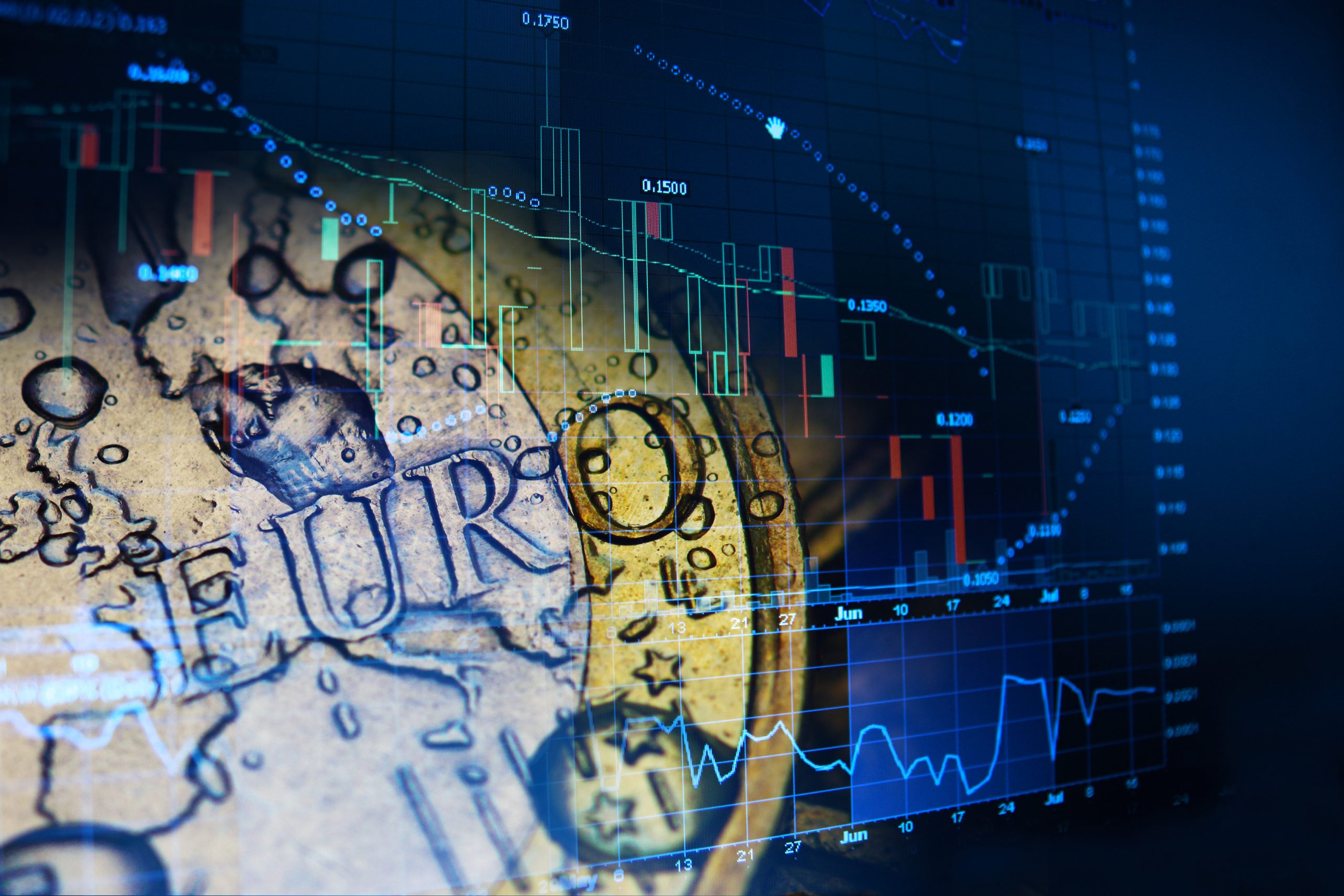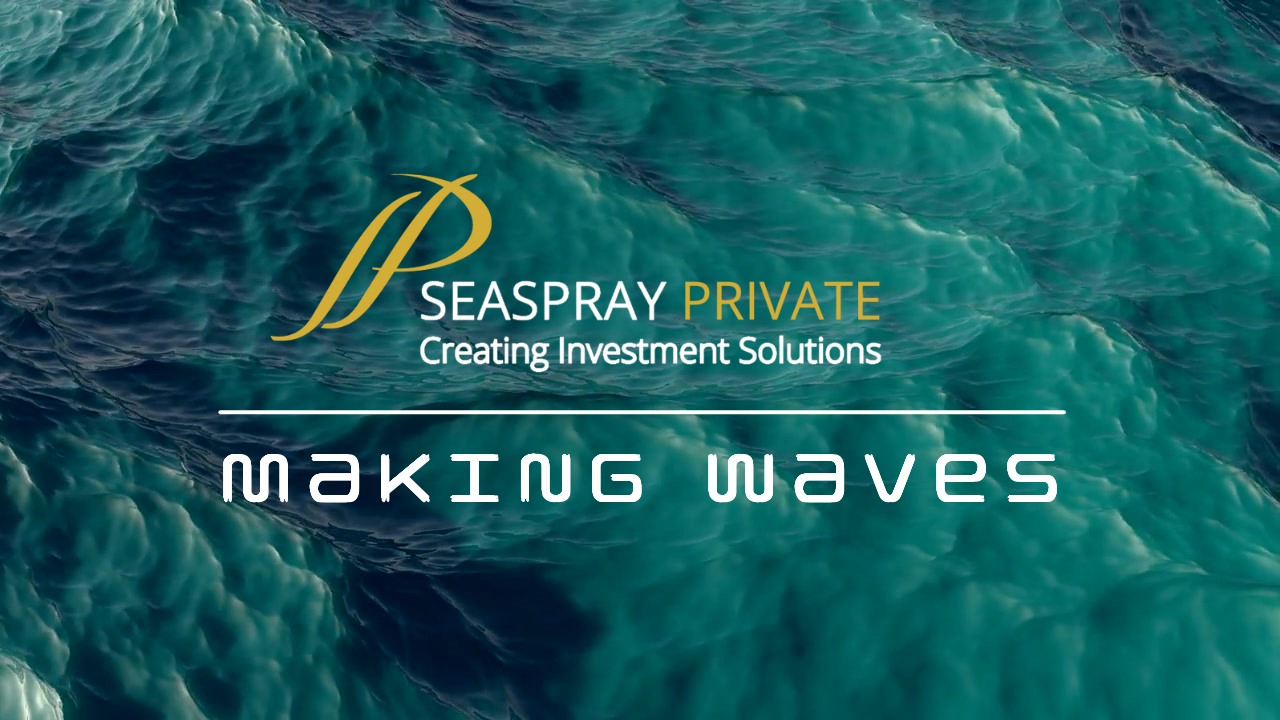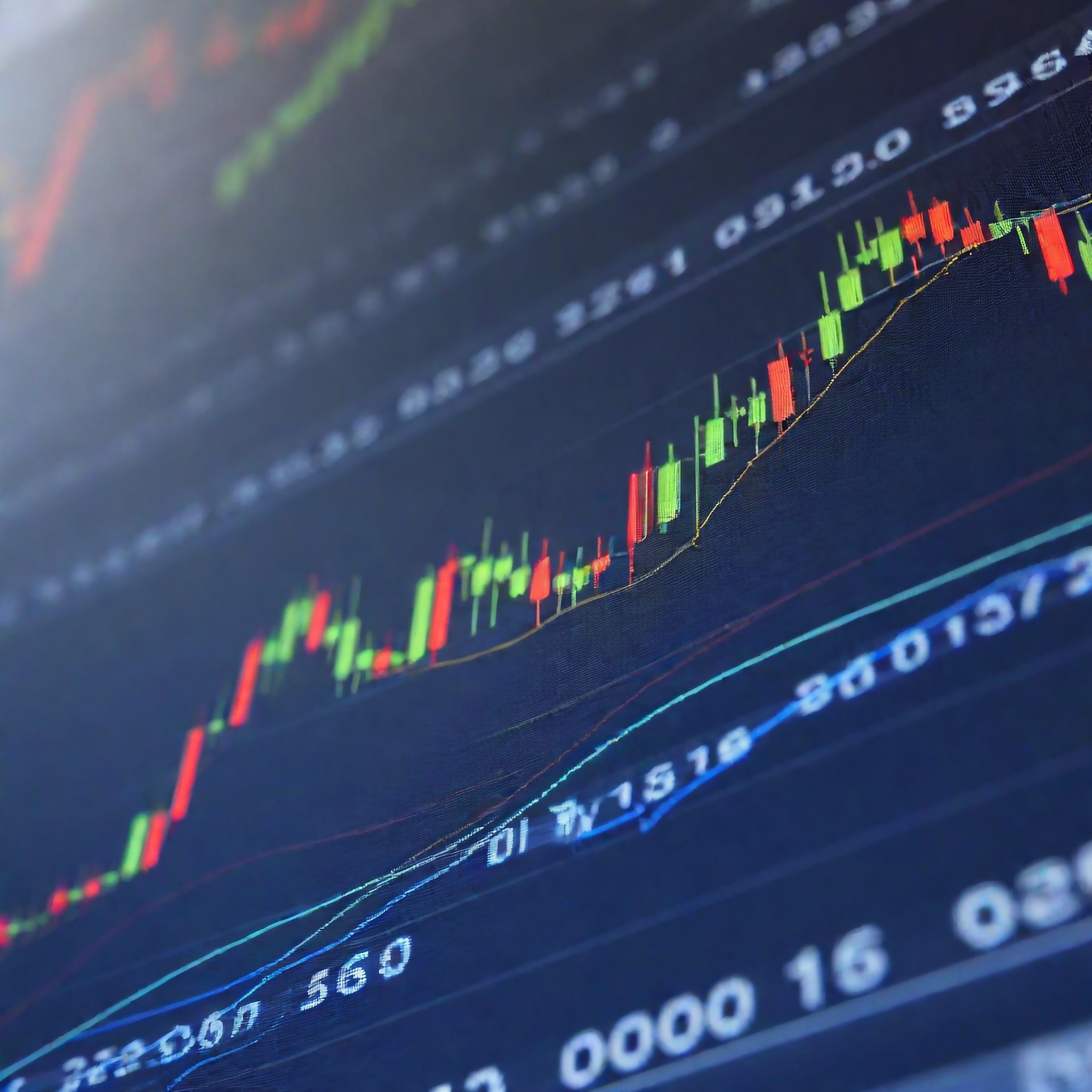In the United States, it was a busy week for equity markets, with several key earnings announcements and a Federal Reserve rate decision. Markets also had to contend with ongoing uncertainty surrounding the US government shutdown. On the geopolitical front, President Trump met with Japan’s new Prime Minister, Sanae Takaichi, hailing the strong alliance between the two nations. Tensions with China also eased after the countries agreed to a one-year trade deal, with President Trump committing to postpone export controls on rare earths. In corporate developments, Microsoft’s valuation surpassed $4 trillion, becoming only the second company in history to reach the milestone after NVIDIA. Shares in the company rose 4% on Monday after OpenAI, in which Microsoft holds a 27% stake, agreed to a corporate restructure valuing Microsoft’s holding at $135 billion. This places OpenAI’s overall valuation at $500 billion — its highest on record. Microsoft was soon joined by Apple, which became the third company in history to surpass a $4 trillion market capitalisation, marking an unprecedented 24-hour period for US valuations. The iPhone maker’s surge was driven by strong demand for its new iPhone 17 range, which has outperformed expectations and sold better than the previous two generations in key markets such as China. Shares in Apple have risen by 13% since the range’s launch in early September. On Wednesday, however, both Microsoft and Apple were eclipsed by NVIDIA, which became the first company in history to reach a $5 trillion market capitalisation — only four months after surpassing the $4 trillion mark. In the semiconductor sector, Qualcomm unveiled two new AI data centre–focused chips — the AI200 and AI250 — marking a significant shift for the company, which has traditionally specialised in mobile and wireless chipsets. The new chips will compete directly with NVIDIA, whose products currently account for 90% of the market for graphics processing units (GPUs). However, several companies are now seeking alternatives, including OpenAI, which has begun developing its own chips in partnership with AMD. Staying with OpenAI, the company at the centre of the AI boom announced a new partnership with PayPal. The agreement will see Venmo, owned by PayPal, embedded into ChatGPT in 2026. This integration will allow users searching for products through ChatGPT to purchase them directly using PayPal. It will also provide millions of PayPal merchants — across sectors such as apparel, fashion, and home improvement — with a new way of engaging customers. Shares in PayPal jumped 10% following the announcement. Finally, OpenAI is reportedly investigating an Initial Public Offering in 2026, which could value the company at $1 trillion, and could be the largest IPO in US history. In earnings news, five of the “Magnificent Seven” companies reported third-quarter results, all of which were broadly positive. However, for Meta and Microsoft, weakness in key areas such as cloud growth and AI spending weighed on sentiment, with Meta losing over $155 billion in market value. For the week, the S&P 500 and NASDAQ closed higher, up 0.71% and 0.90%, respectively.
In Europe, equity markets began last week with further record highs on Monday, buoyed by optimism over a potential US–China trade deal. However, following Monday’s gains, indices traded lower, weighed down by poor corporate results and increasingly cautious investor sentiment. In Spain, the country’s main stock market index reached a new record high, with the IBEX surpassing its previous peak set in November 2007. The index has risen an impressive 38% so far in 2025, reflecting a broader trend among European indices hitting new highs this year amid strong corporate performance, increased government investment, and robust economic indicators. Notably, the IBEX has outperformed not only every major European index in 2025 but also the US S&P 500 and NASDAQ, as well as Japan’s Nikkei 225. For the week, the Euro Stoxx 50 and STOXX 600 both closed lower, down -0.49% and -0.73%, respectively.
In the United Kingdom, the FTSE 100 rose last week, reaching new all-time highs on both Tuesday and Wednesday and marking eight consecutive sessions of gains. The index benefited from a combination of strong corporate earnings and elevated commodity prices. In earnings, HSBC — the UK’s largest bank — reported positive third-quarter results, raising its 2025 guidance and demonstrating resilient performance in its key Hong Kong division. GSK also posted strong results, beating estimates and raising its full-year outlook. Outside the earnings sphere, copper prices reached record highs, pushing shares in Antofagasta higher. For the week, the FTSE 100 closed up 0.64%.






